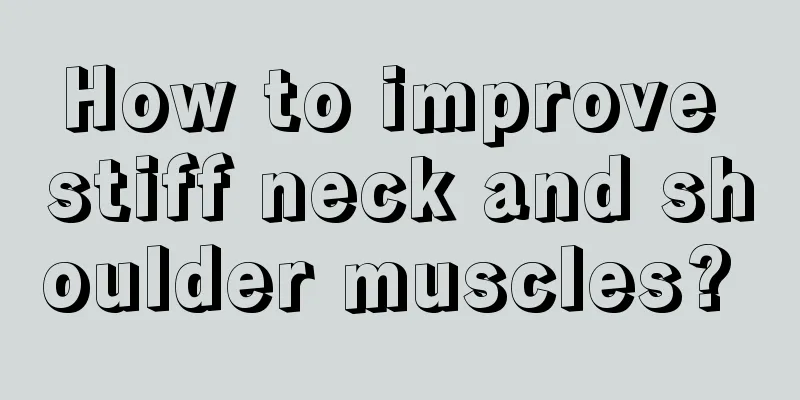What is lumbar massage technique? How to do lumbar massage?

|
Nowadays, many people suffer from lumbar and cervical pain, and the problem is getting younger and younger. Lumbar spondylosis is closely related to occupation. Clinically, it is found that people who sit in offices, people who do long-term physical labor, and people with poor sitting posture are most likely to suffer from lumbar spondylosis. Lumbar disc herniation compresses blood vessels, causing lumbar pain. In the early stages of lumbar disease, massage can relieve the condition. Three massage methods to relieve lumbar pain Here I recommend three massage methods to everyone. Regular massage at home after get off work can effectively improve waist and leg pain: The first type: The patient lies on his back with both hips and knees flexed. The operator presses both knee joints with both hands to force the patient to flex his hips and knees, and try to bring the thighs closer to the abdomen. Sometimes, in order to strengthen the flexion of the waist, the operator can place one forearm across the patient's knees and press down hard, and use the other hand to support the patient's coccyx and pull it upward, thereby passively flexing the waist to change the dysfunction of the waist. This method can be repeated 3 to 5 times. The second type: The patient lies in prone position and the operator stands beside him. First, the rolling method can be used to relax the waist and buttocks muscles in the patient's waist and lower limbs. For patients in the early acute stage, the operation time can be appropriately longer, and the technique should be from light to heavy. Secondly, use the base of your palm to rub and press the painful points on the patient's waist, and use the holding method to relax the affected limb to fully relax the muscles. The pain in the patient's waist and lower limb muscles can be significantly relieved. The third type: The patient lies on his left side (taking the left side as an example), flexes his left hip and left knee, and the operator stands facing the patient, puts the patient's right lower limb in a fully flexed position, and puts the stressed intervertebral joints in a flexed position, so that the stressed intervertebral joints are in the middle position of the flexion and extension range. The operator rotates the patient's left shoulder, places his right forearm behind the patient's left hip, and presses down with his left thumb on the upper spinous process of the intervertebral joint where force will be applied. At the same time, use the middle finger of your right hand to pull the next spinous process upward. The operator uses the forearms on both sides to shake the patient's waist forward and backward with the waist as the center until the waist reaches the maximum flexion and extension position. At the same time, the pressure of the fingers on both sides on the spinous process is gradually increased until the joint is felt to be tight. The reduction effect is achieved by pulling the waist with both forearms and suddenly increasing the pressure on the two spinous processes. |
<<: What are the symptoms of sepsis rash?
>>: How to treat rheumatic pain in the knee
Recommend
How to wash off chili oil drops on clothes?
Chili oil is a must-have ingredient in many house...
What is the reason for sudden wrist pain without injury?
The wrist is a relatively fragile joint in the hu...
Why do I feel weak all over due to cervical spondylosis?
The human body often induces cervical spondylosis...
What to do when there are too many mosquitoes
In most parts of the world, there are problems wi...
What is the function of buckwheat health pillow
A pillow is a daily necessity that is closely rel...
How to open up blocked facial meridians
The symptom of blocked facial meridians can cause...
How to distinguish the authenticity of bird's nest soaked in water
Because bird's nests are relatively expensive...
What are the most serious complications after thyroid surgery?
Thyroid surgery can easily lead to various compli...
Heart rate while sleeping
Most people will find that when we enter deep sle...
How much does it cost to treat skin cancer in the mid-term?
Skin cancer is divided into squamous cell carcino...
The difference between skin grafting and non-skin grafting
If the human body is burned or otherwise injured,...
What are the symptoms of corpse poison
There is a disease that we rarely hear about, whi...
How to make the transparent sauce inside the meat floss bread
Meat floss bread is a kind of bread that many peo...
Why do I feel dizzy and want to vomit when I wake up in the morning?
If you wake up in the morning feeling dizzy and a...
What are the symptoms of gastrocardiac syndrome
In daily life, due to many reasons, we may have i...









